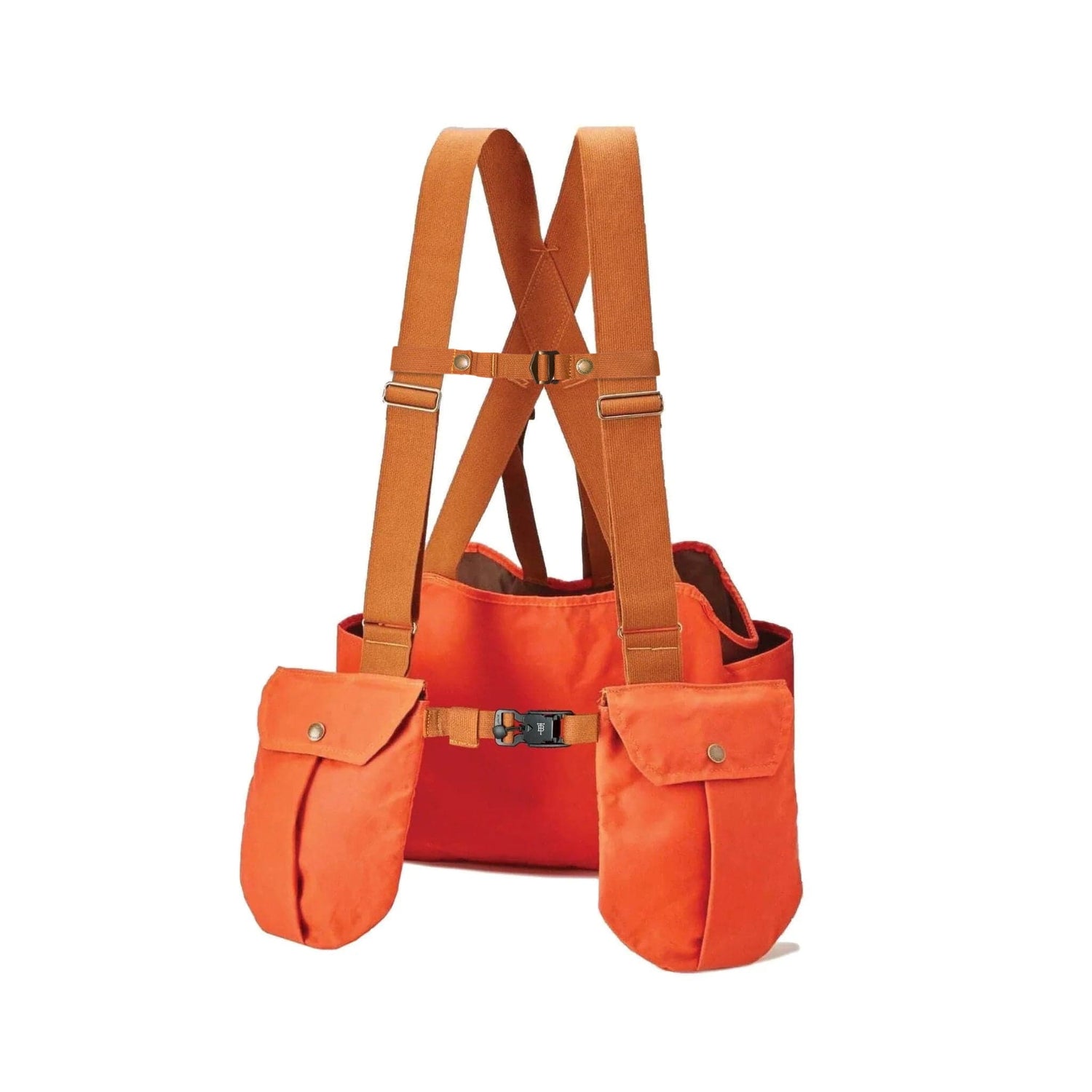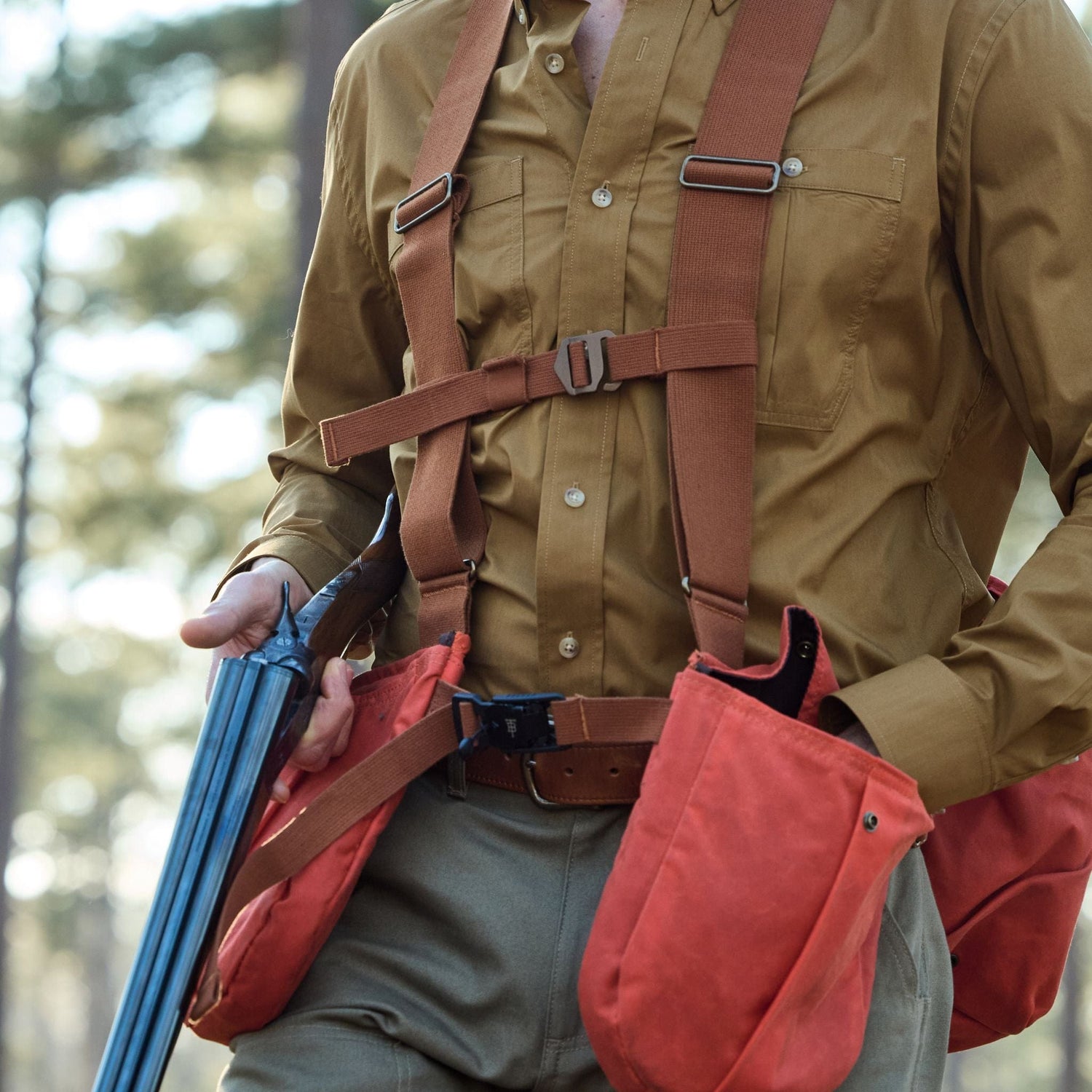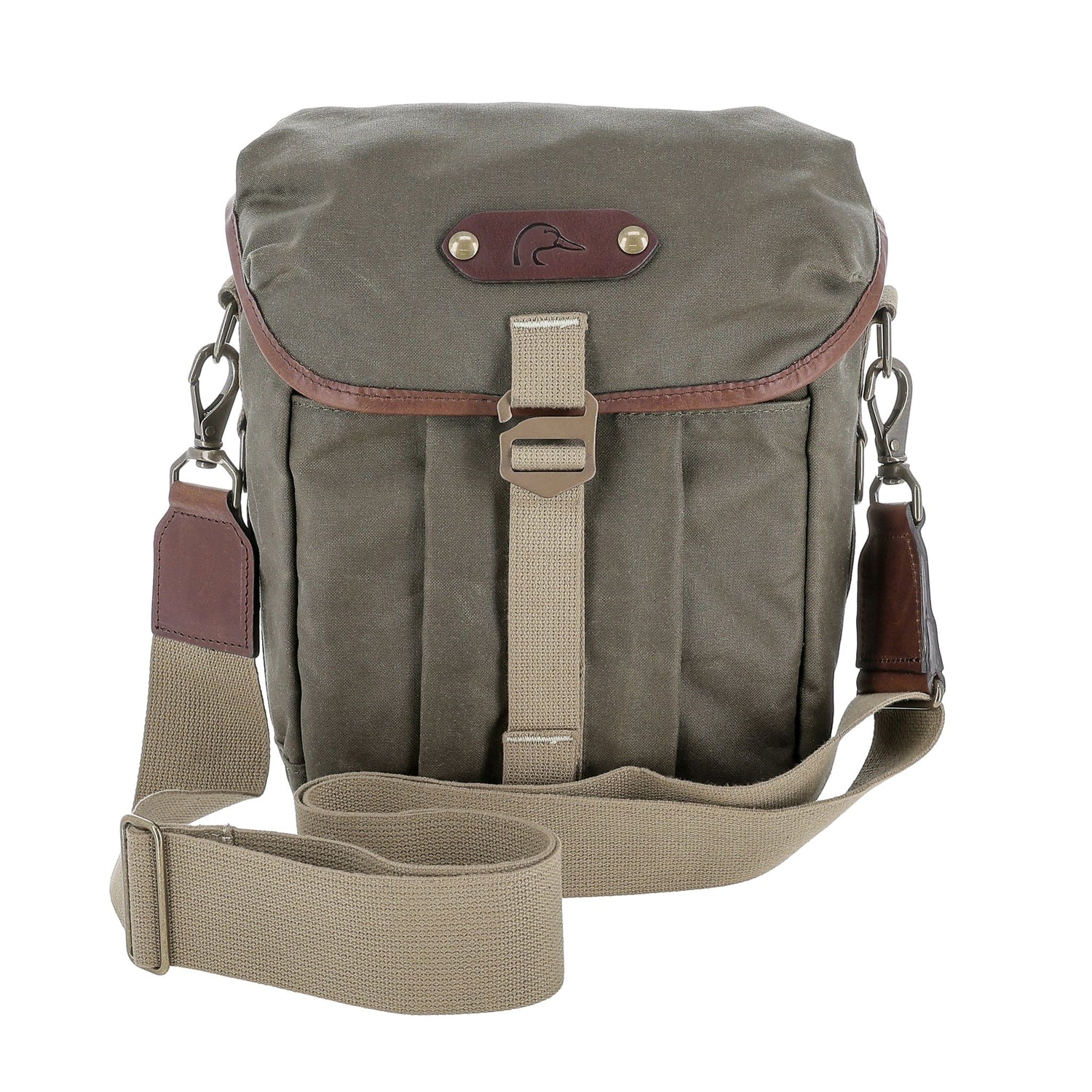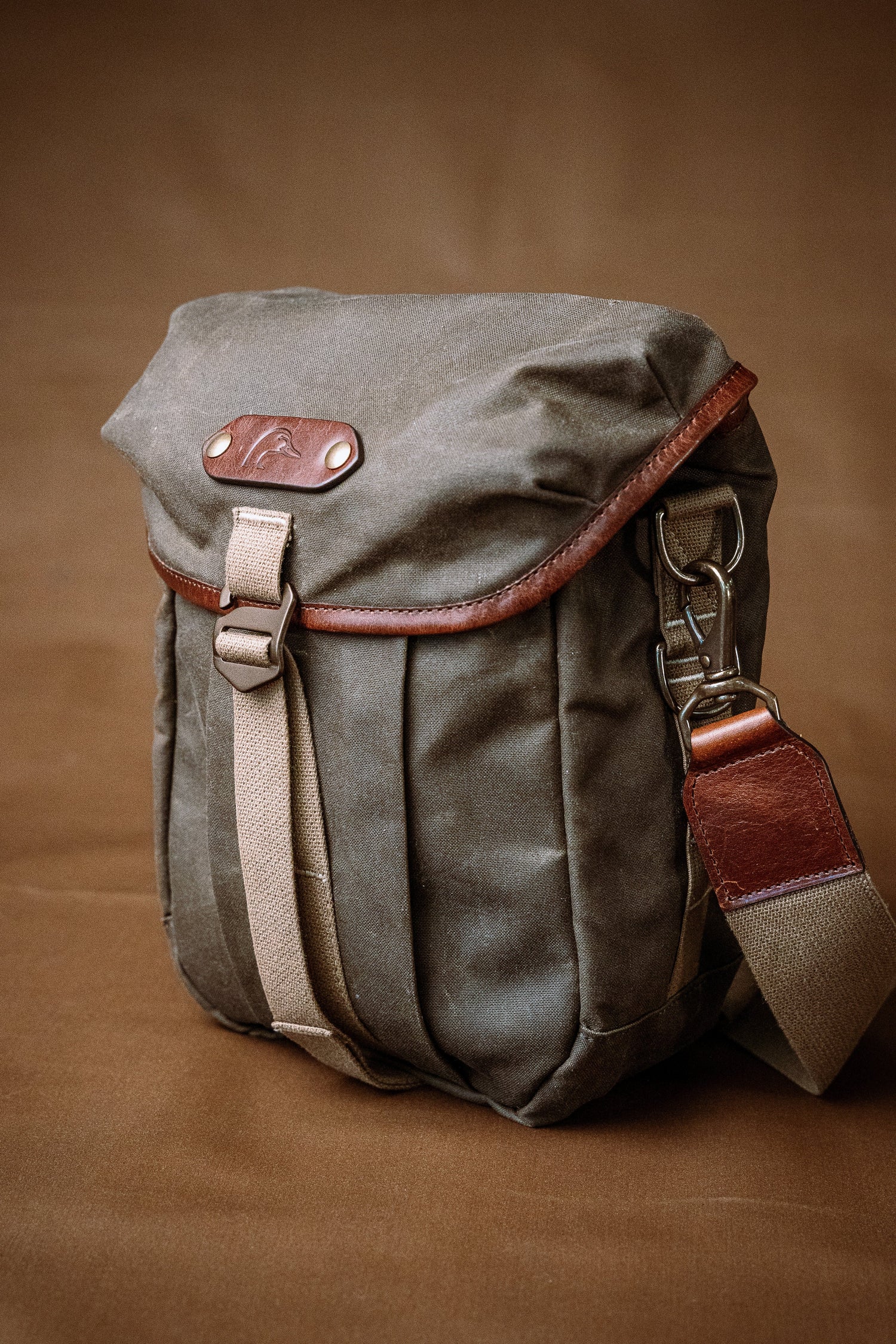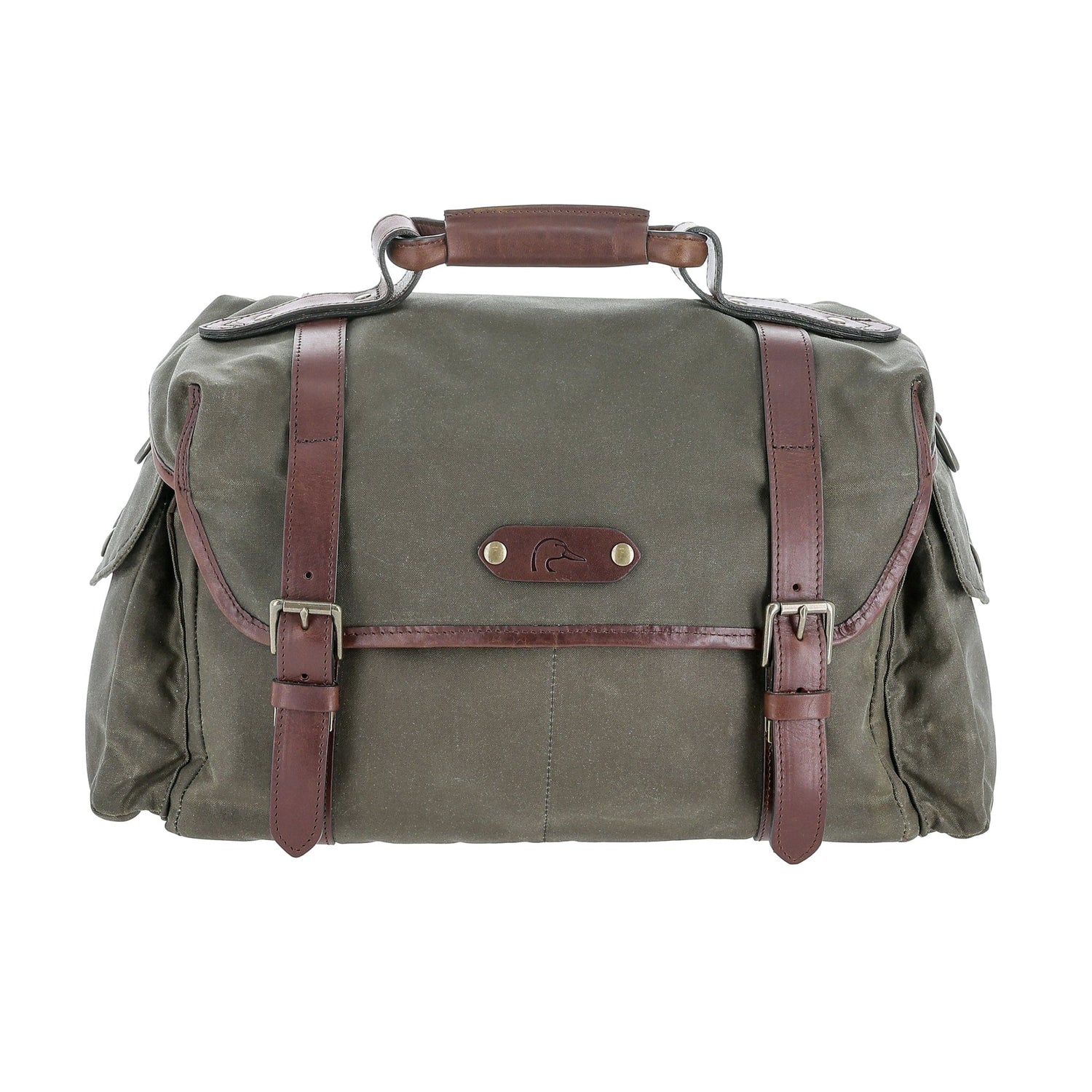Jenna Rozelle is a Mainer by birth and constitution. Raised in southern Maine before a stint in New York City at seventeen years old convinced her homesteading in Downeast Maine was better than working in the music industry in the City That Never Sleeps, now Jenna is a poet, writer, forager, hunter, and wild food teacher living in the mountains of Western Maine.
As someone “almost allergic” to corporate structure, on return from New York, Jenna worked in construction with her father, then bought a small bookstore in the town she grew up in, something she now calls a misguided attempt at writing. “I was like, ‘Oh, I love reading, maybe I like selling books.’ But it was really the coffee and bagels that were paying the bills. And I am similarly allergic to the food service industry.” That allergy led to homesteading on a little piece of land on the coast, one with deeded access to the ocean in a lifestyle of which Jenna says, “I was young, and agile, and ambitious, and the landscape up there is pretty conducive to it. The resources are abundant. I don't like all parts of it, like right now, seasonally, I don't have running water, and it's really annoying. But, it's tied in somehow to that aversion to corporate structure. It's a choice by choice. What do I feel good about? What do I feel best about? So, it's a very small, very intentional life, closely intertwined with the land I live on.”
Living as intentionally as she does clarifies food as sustenance, but for Jenna Rozelle food is, “Pleasure. Mouth pleasure, body pleasure, and then the pleasure from the stories of the food and knowing the specific history of the animal and thinking and writing about it.” There’s serving it too, which for Jenna Rozelle is “a newer element for me, and that is just like crazy pleasure. Nothing feels better than that to me.”
Jenna was not always a cook. She says, “I didn't have an overwhelming interest in cooking, but it began there because I knew that the foods I was dealing with were special, and I wanted to make the most of them. And also there were just flavors, textures, and things that were so new to me that I had to learn how to be a better cook by trial and error.” Foraging was a similar process, one that led to hunting and angling. “I was hesitant about those things at first. Morally, and ethically, I kind of knew that's where I needed to go, but it was a big emotional leap for me to start killing animals. I started with a little hare hunting, then duck hunting. I didn't start deer hunting until five years later.”
That sequence gave her insights into bloodsport that are helpful for neophytes and lifelong sportsfolk alike. “I think it's a good sign to have reservations about it. And don't expect that to stop, you should do it anyway and everything in your body and your spirit will thank you. From start to finish, from the hunt, to the meal, I think there's an overwhelming sense of rightness once you do it, and the overwhelming feeling that you're left with is, “Oh, this is what we're supposed to do. This is how we're supposed to eat.”
Now you know Jenna Rozelle’s story. But to know a cook and writer like Jenna Rozelle you must know her food and her words. So let her tell you for the how and the why of three delicious wild game and forageable recipes.
...
Think about the best day of your life. You were young, probably, or younger. You likely exerted yourself to exaltation - by way of adventure, lust, intellect, some creative conquest, or maybe you “drank too much whiskey and pushed a burning stump down the bank”, but whichever way, you ended the day very hungry.
The good times can be deeply depleting if you’re doing it right. What did you eat? What did your body and mind ask for after you’d wrung them dry? Mine wanted a rare steak. On other big days, it’s been a burger and fries, a mound of saucy noodles, meat on bone on fire. When I cook a special meal at home or for loved ones, essentially, what I’m usually aiming at, is the highest form of what I’d want to eat after a night on the town, or along, hard hunt - it’s the same hunger - basal hunger, not eating because you’re bored with your life or eating because it’s six pm and you’re supposed to eat, but, because you’ve given your pound of flesh and need something of the earth to restore you.
Wild foods are our body’s north star of nourishment - restorative, not just to an ailing body, like good chicken soup, but to the despondent, hungry spirit. Add to this, big flavors, bubbling sauce, slurping noodles, succulent flesh to tear from bones and we find the intersection of want and need, where you’ll find me, where you’ll find meals like these three wild food dishes.






